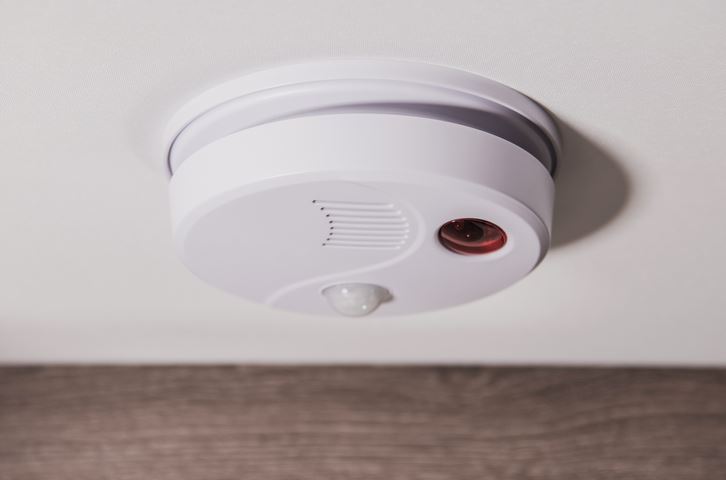
Most homes use gas to generate electrical power or heat. In fact, you may use more natural gas than you think. According to the Energy Information Association, residential gas use makes up about 17% of total use in the U.S. If you have a gas-powered water heater, your shower’s hot water can be attributed to natural gas. The point is that natural gas is one of the most energy-efficient sources of power you could utilize, but it doesn’t come without risks.
Everyone has seen offices and schools get shut down over a single gas leak, even if just on TV. Gas leaks are no joke. Every homeowner should be aware of the causes of gas leaks and how to prevent them. Blue Star provides first-rate plumbing services, but we also take care of our customers. Today, our goal is to ensure you know why gas leaks occur and the best ways to prevent one from occurring.
Why Do Gas Leaks Occur?
There are two sources of gas leaks. The first is from the gas line in your home, and the second is from a gas-burning appliance, like a stove or fireplace. As far as gas lines go, the older the line, the more at risk your home is. All pipes, whether water or gas, get worn down over time, and weaker materials corrode much more quickly. Even a small split in a gas line can release enough gas to be fatal or cause an explosion.
When it comes to gas-burning appliances, proper installation is absolutely necessary. Your appliances connect to gas supply lines. When these lines aren’t fitted properly at installation, gas can slowly leak out. Even if installed properly, supply lines can disconnect from the appliance during use.
Appliance gas leaks pose an even greater threat than leaking gas alone since the gas is more likely to come in contact with a flame. The last thing we want is for you to lose part of your home because of a gas leak.
Name of the Game: Preventative Maintenance
Gas leak prevention starts with choosing reliable plumbers to install your supply lines and appliances. You may be tempted to install a new appliance yourself to save a few bucks, but if your new stove comes with gas lines, go with a professional.
When you finally have your stove installed, make sure you keep up with it. Normally, you can have your gas appliances monitored for peace of mind. Still, we suggest having your gas lines inspected annually. A trusted plumbing company will catch even the smallest issues before any damage is caused to your home or family.
The Blue Star Plumbing team has 15+ years of experience keeping homes safe when it comes to gas. Our licensed and insured plumbers take great care with every service, especially repairing or installing gas lines. You can always count on Blue Star for all of your plumbing repair, installation, and inspection needs.
